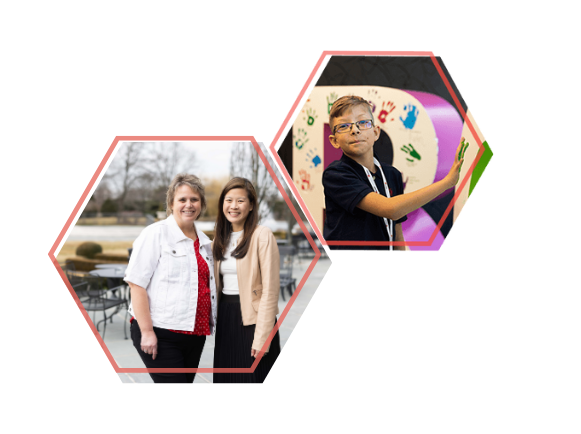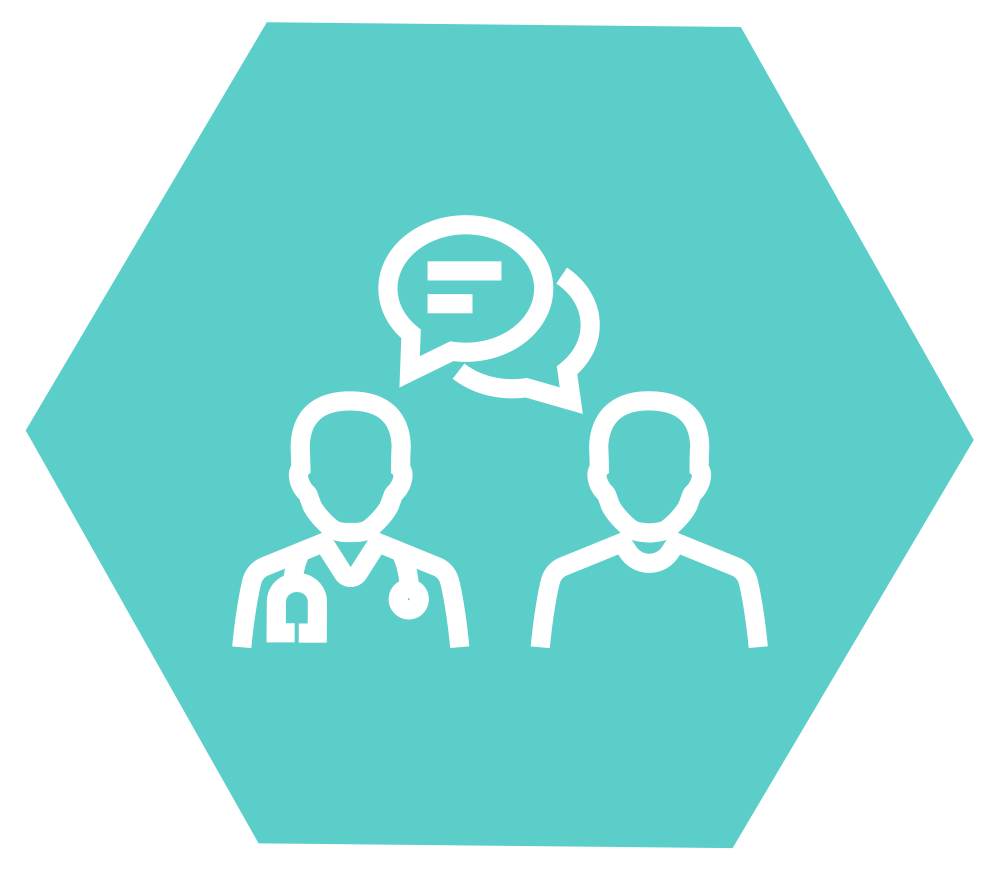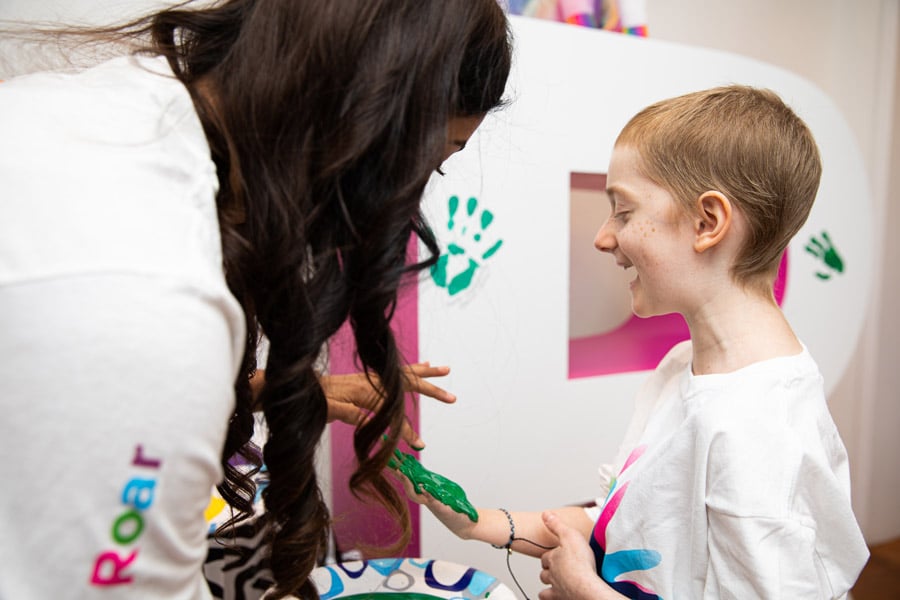Genetic Testing

Rocket’s unwavering commitment to seeking gene therapies for the rare disease patient community means that, in addition to our leading clinical research, we actively seek ways to address their urgent and often unmet needs.
Benefits of Genetic Testing
1.
2.
3.
4.
Approximately 80 percent of rare diseases are estimated to have a genetic origin. For rare disease patients, the diagnostic delay can take months or decades, averaging four to five years. To compound that journey, on average, patients with rare diseases receive three misdiagnoses and consult with five doctors before receiving an accurate diagnosis.
Thanks to scientific advancements, patients may pursue genetic testing with the goal of receiving an accurate and early diagnosis.

Rocket’s Commitment to Genetic Testing
Through ongoing partnerships with some of today’s leading minds in genetic testing, we’re advocating for earlier diagnosis, advancing access, and promoting the best possible care for people living with rare genetic conditions.
Rocket is committed to raising awareness of programs that can shorten the diagnostic journey and reduce the mental and emotional toll. Lack of widespread early and accurate testing creates inequity and blocks proper care, ultimately hindering access to the curative treatments that we so passionately pursue on behalf of the rare disease community.
Mission: Genome™ NO-CHARGE GENETIC TESTING AND COUNSELING PROGRAM
Mission: Genome is a sponsored, no-charge, third-party genetic counseling and testing program for people with a family history or suspected diagnosis of certain genetic conditions.
The Mission: Genome program was developed to provide genetic testing and counseling services to people and their families so that they and their healthcare providers may make more informed decisions about their health. Through the Mission: Genome program, genetic testing and counseling is offered at no charge to individuals who meet the eligibility criteria. Both genetic testing and genetic counseling are available in the U.S. and Puerto Rico. No-charge family variant testing may also be available for blood relatives of diagnosed patients.
What Is Genetic Testing?
Genetic testing can identify changes to DNA that may lead to a genetic condition. The results of a genetic test can confirm or rule out a suspected genetic disease. Additionally, genetic testing can help determine an individual’s chance of developing or passing on a genetic condition.
To learn more, please click here.
What Is Genetic Counseling?
Genetic counseling is a service that provides information and support for people who have, or may be at risk for, genetic conditions. Genetic counselors are trained healthcare professionals who can discuss genetics, the likelihood of inheritance, and the risks of developing or passing along certain genetic diseases. Genetic counselors are also able to discuss the benefits, limitations, and potential implications of genetic testing.
To learn more, please click here.

Talk to your Doctor or Healthcare Provider
Start a conversation with your doctor or healthcare provider to determine if you could benefit from genetic testing and counseling.

Clinical Trials
Patients and families interested in learning more about available clinical trials and research opportunities in these disease areas should visit our Clinical Trials Page.

Patient Advocacy
Patients and families interested in accessing educational and advocacy group resources about any of these disease areas should visit our Patients & Caregivers Page
Newborn Screening
We’re also a founding member of the BeginNGS™ consortium, partnering with Rady Children’s Institute for Genomic Medicine to drive early diagnosis of rare genetic diseases by facilitating newborn screenings using rapid Whole Genome Sequencing (rWGS®). The BeginNGS™ consortium serves as a think tank across public and private institutions. Rocket plays a leading role in advocating for early diagnosis of rare genetic diseases.
For more information, please visit BeginNGS.
